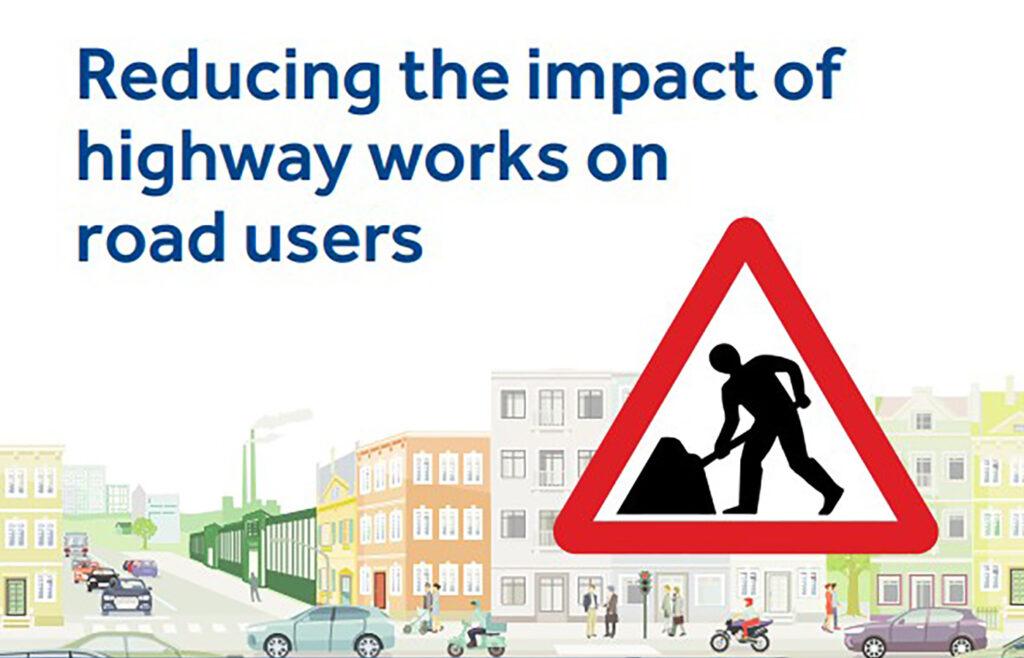
The Chartered Institution of Highways and Transportation (CIHT) has today released a report that provides a roadmap for mitigating disruption to road and street works through improved coordination and planning.
Reducing the impact of highway works on road users analyses the current challenges faced by the sector and provides a series of recommendations to improve levels of disruption.
Sue Percy CBE, Chief Executive, CIHT said: “Disruption caused by street and road works carries significant direct and indirect costs to the economy. By reducing this disruption, we can improve the condition and function of our highway network, deliver substantial savings, and maximise the economic benefits of upgrading road and utility infrastructure.”
“This report highlights the challenges and opportunities in managing these works across England’s local highways. With increasing demand for road space and the construction of 1.5 million new homes on the horizon, it is vital that those responsible for delivery are supported to ensure our infrastructure keeps pace with future needs.”
“CIHT urges policymakers, local authorities, utility providers, and infrastructure professionals to work collaboratively, embrace innovation, and adopt best practice approaches to minimise disruption and deliver long-term value for communities and the economy.”
Recommendations to Improve Road and Street Works Management
- Establish an Independent Works Commissioner for England
A dedicated commissioner would oversee planning, coordination, and quality of works, standardise practices, resolve disputes, and drive performance improvements using data from Street Manager. - Introduce a More Incentivised Fines Regime
A performance-based system would reward utilities that minimise disruption, with fines scaled according to past performance to encourage better management of works. - Create a New Immediate-Planned Permit Category
This new category would allow earlier notification of urgent works, improving coordination and reducing last-minute disruption. - Mandate Coordination Meetings and Attendance
Statutory requirements for regular local coordination meetings involving all stakeholders—including road user groups—would strengthen collaboration and reduce impact on road users. - Develop a Statutory Framework for Collaboration
Formal guidance would embed best practice collaboration across all stages of works delivery, supported by adequate funding for local authorities. - Enhance Data Planning, Monitoring, and Evaluation
Improvements to Street Manager and integration with the National Underground Asset Register would enable better use of data, support AI adoption, and ensure data is accessible and standardised. - Update Accessibility Guidance in the Red Book
Revisions would incorporate road user experience, align with other traffic management documents, and ensure works are designed and managed to be safe and accessible for all.
Sue Percy CBE, Chief Executive, CIHT said: “While the UK Government has recently rejected similar recommendations made by the Transport Committee, CIHT urges the Government to reflect on the valuable feedback provided by the industry—both through the Committee’s report and our own. We believe these recommendations are viable and offer real potential to improve how road and street works are managed.”
“We ask the Government to reconsider its response in light of this evidence and to work with the sector to deliver better outcomes for the economy, communities, and the future of our infrastructure.”





